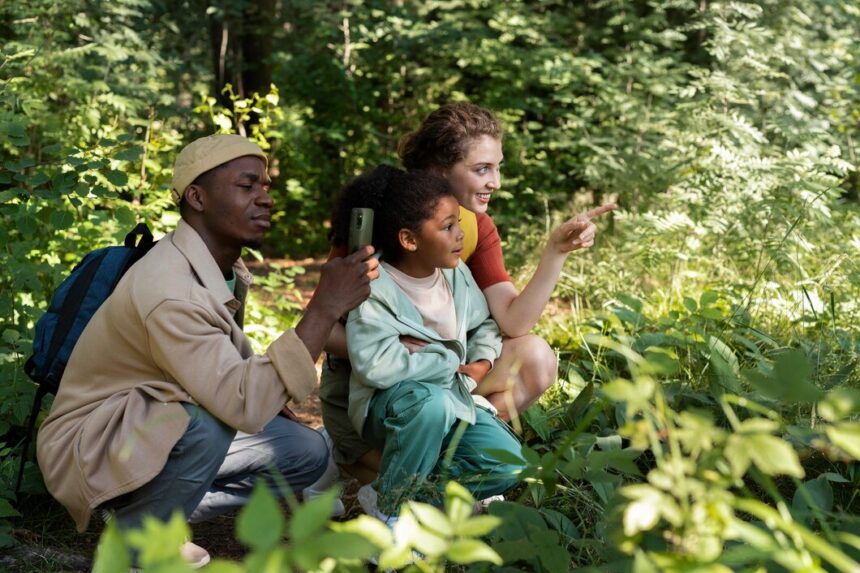Agri-tourism, a blend of agriculture and tourism, offers South African farmers an innovative way to diversify their income and enhance the rural economy. By inviting visitors to experience farm life, farmers can create a unique attraction that educates, entertains, and connects people with the agricultural industry. Here are ten techniques South African farmers can adopt to successfully develop and promote agri-tourism ventures.
1. Farm Tours
Offering guided tours of the farm is a foundational agri-tourism activity. These tours can educate visitors about the farming processes, from planting to harvesting, and the daily operations of a farm. Providing insights into sustainable practices and the history of the farm can enrich the experience.
2. Farm Stays and Accommodations
Transforming part of the farm into a guesthouse or bed-and-breakfast allows visitors to immerse themselves in the farming lifestyle. This can range from rustic, authentic farmhouses to more luxurious rural retreats, catering to a variety of tastes and budgets.
3. Hands-On Activities
Engaging visitors in hands-on activities such as fruit picking, milking cows, or planting crops can make their visit memorable and educational. These activities help guests understand the effort involved in farming and foster a deeper appreciation for agriculture.
4. Farm-to-Table Dining
Creating a farm-to-table dining experience showcases the farm’s produce while offering visitors a taste of fresh, locally sourced food. Farmers can set up a restaurant or host special dining events where guests enjoy meals prepared with ingredients straight from the farm.
5. Workshops and Classes
Hosting workshops and classes on various agricultural topics, such as organic gardening, cheese-making, or beekeeping, can attract visitors interested in learning new skills. These educational sessions can also highlight sustainable practices and innovations in agriculture.
6. Farm Markets and Shops
Setting up a farm market or shop allows visitors to purchase fresh produce, homemade goods, and artisanal products. This not only provides an additional revenue stream but also encourages guests to take a piece of the farm home with them.
7. Special Events and Festivals
Organizing special events and festivals can draw large crowds to the farm. Seasonal events like harvest festivals, pumpkin patches, and Christmas markets can become annual traditions that attract repeat visitors. Live music, food stalls, and family-friendly activities can enhance these events.
8. Nature Trails and Outdoor Activities
Developing nature trails and offering outdoor activities such as bird watching, hiking, or horseback riding can attract nature enthusiasts. These activities allow visitors to explore the natural beauty of the farm and its surroundings, promoting conservation and appreciation of the environment.
9. Educational Programs for Schools
Creating educational programs tailored for school groups can turn the farm into a valuable learning resource. Field trips that include interactive lessons about farming, ecosystems, and food production can inspire the next generation to take an interest in agriculture and sustainability.
10. Leveraging Technology and Social Media
Utilizing technology and social media is crucial for promoting agri-tourism. A well-designed website with online booking capabilities, engaging social media profiles, and virtual farm tours can attract a broader audience. Sharing stories, photos, and videos of farm activities keeps followers engaged and excited about visiting.
Agri-tourism offers South African farmers a viable opportunity to diversify their income and connect with the public. By implementing these ten techniques, farmers can create unique, educational, and enjoyable experiences for visitors, fostering a greater appreciation for agriculture and rural life. Embracing agri-tourism not only benefits the farm economically but also contributes to the local community and the broader agricultural industry.
Join 'Farmers Mag' WhatsApp Channel
Get the latest Farming news and tips delivered straight to your WhatsApp
CLICK HERE TO JOIN






